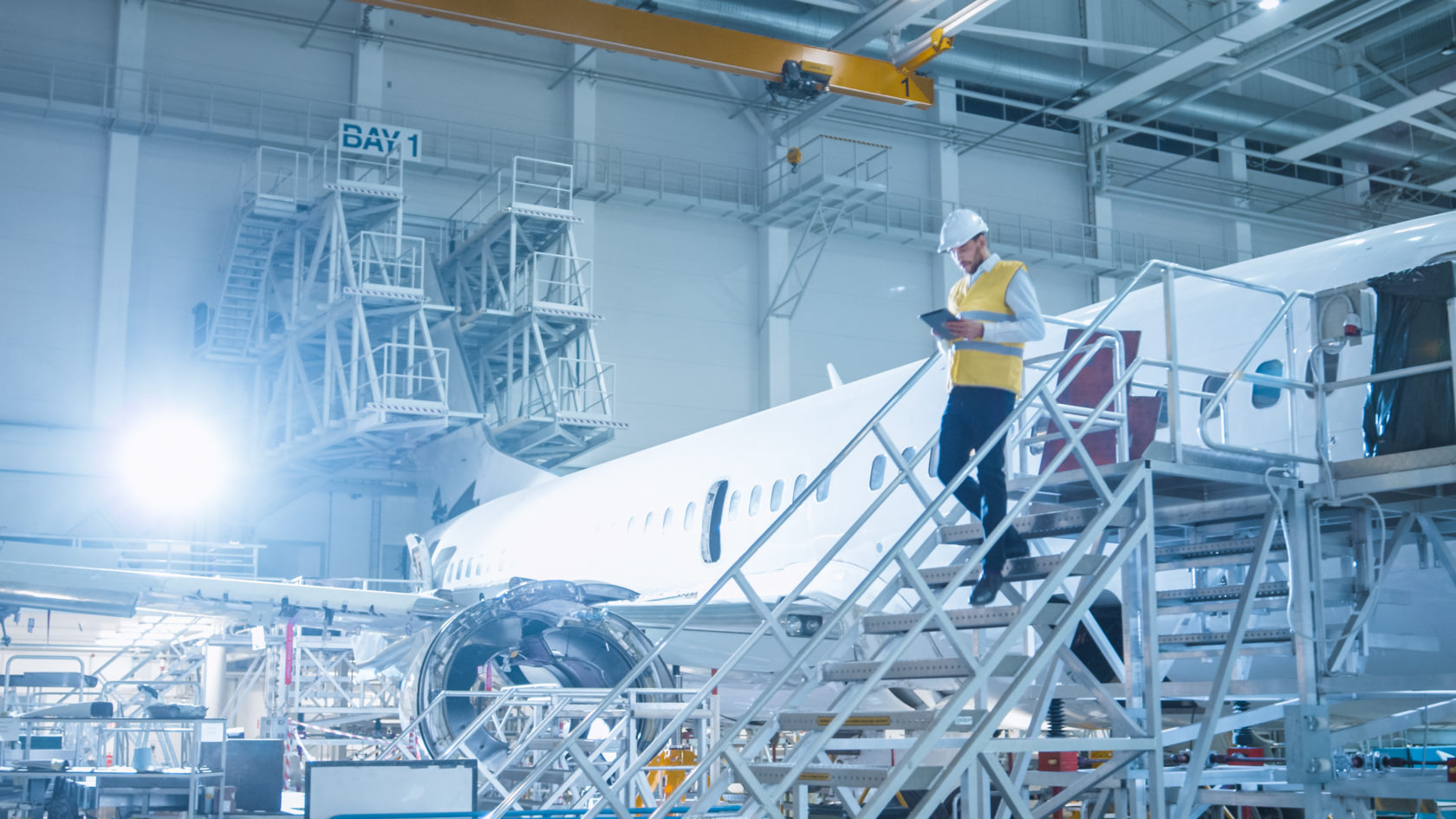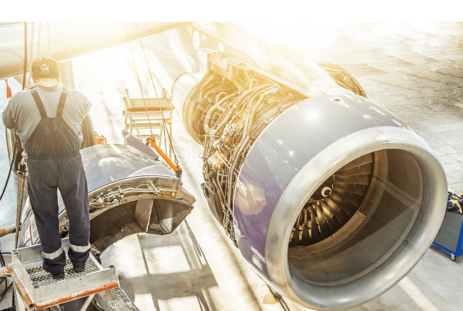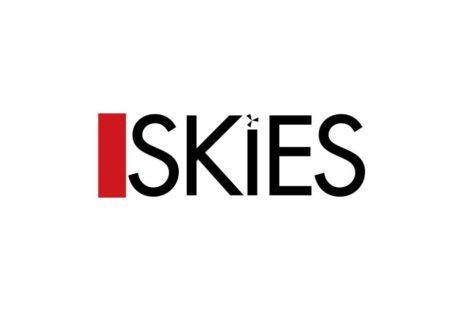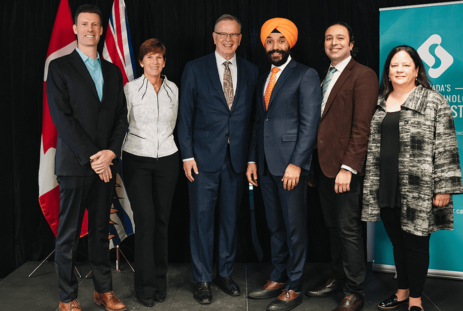
Helping Airlines and Airports Build Back Better After the Pandemic
AN IMPACT STORY
Using augmented reality inspections to keep fares in check and flights on time.
While many Canadians are looking forward to the return of air travel post-pandemic, no one has missed the delays that afflict about 20 per cent of scheduled airline flights.
That’s where Augmented Reality for Inspection comes in. By developing an augmented reality (AR) system for aircraft maintenance and inspection, this Digital Supercluster project is working to streamline and improve airport and airline operations and, in turn, improve on-time performance and safety. With the airline industry hit hard by the pandemic, the cost savings associated with AR inspections could help keep fares in check while reducing potentially long delays if inspections are held up.
Inspections are expensive and time consuming, often costing millions of dollars and taking more than 700 hours to complete. Flight delays are similarly pricey: a delay involving a Boeing 777 costs an average of $27,000 an hour.
Boeing Vancouver, Unity Technologies and Simon Fraser University are working together to develop a specialized AR engine that will allow inspectors to precisely note and review defects on the surface of an airplane by comparing its current state with digital inspection records displayed on a handheld tablet. Without this technology, these defects would typically need to be mapped manually and double or triple-checked to ensure accuracy.
“If an aircraft has experienced a bird strike, or a collision with a baggage loader you want to locate, inspect and deal with the damage quickly and safely to reduce turnaround time,” explains Jack Hsu, Senior Manager at Boeing Vancouver. “AR tools can make time consuming maintenance manual processes such as aircraft inspections and repairs much more efficient.”
The project’s AR engine will lead to the development of a prototype application that will allow virtual inspections to be seamlessly adopted across the transportation industry. Likewise, learnings from this project could lead to other applications that leverage AR for diverse consumer applications.
“When the price of the technology comes down, you’ll be able to walk around a rental car or a broken lawnmower with an iPad or AR smart glasses and look for defects,” says Bob Cantwell, Managing Director, Boeing Canada Operations Ltd.
“Without the Supercluster’s involvement, it would have been much more difficult to connect with the machine learning and vision researchers at SFU and the world leaders in synthetic imagery at Unity,” Bob says.
Learn more about the Augmented Reality for Inspection Project

